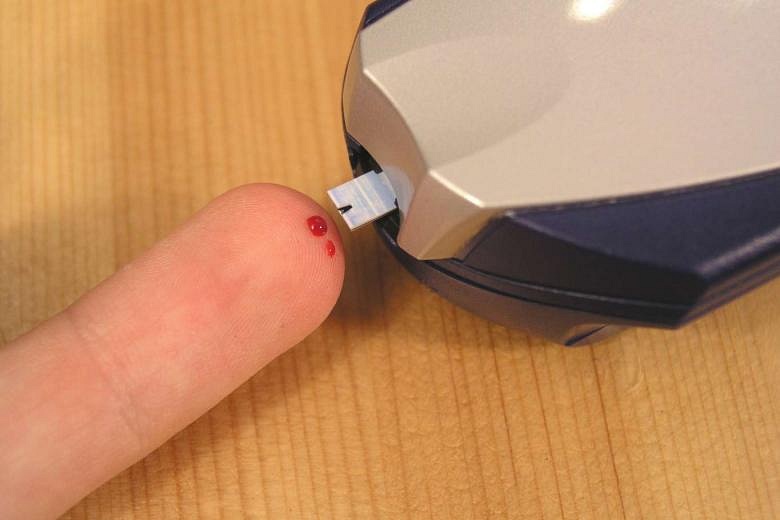(JAKARTA POST/ANN) - Diabetes is a tricky condition to face Ramadan with, however, it is not impossible for diabetics to fast as long as it's done with caution.
In patients with type 1 diabetes, hyperglycemia (high blood sugar levels) and hypoglycemia (low blood sugar levels) happen frequently, whereas in patients with type 2 diabetes they're less likely to happen.
Here are several tips for diabetics to fast safely and healthily during Ramadan.
1. Consult your physician prior to fasting, especially if you are taking blood glucose-lowering medications, as continuing to take the medication may lead to a risk of hypoglycemia during the fasting.
2. Since there will be a 12 to 15-hour gap between meals in Ramadhan, it is advisable for diabetics to frequently check their blood sugar levels to be safe.
3. Do not overeat, understand hunger and pay attention to body signals.
4. Break your fast with sugar-free drinks to properly rehydrate and to keep you safe from dehydration.
5. Allow two hours before you go to sleep after dinner for better digestion.
6. Consume the right energy sources at suhoor. Slowly absorbed food such as brown rice and full-grain bread will be a good choice. To keep you energised, consume oily fish, nuts and olive oil.
7. As tempting as it might be, stay away from deep-fried food and sweets at iftar to keep your blood sugar level stable and reduce heart complications.

